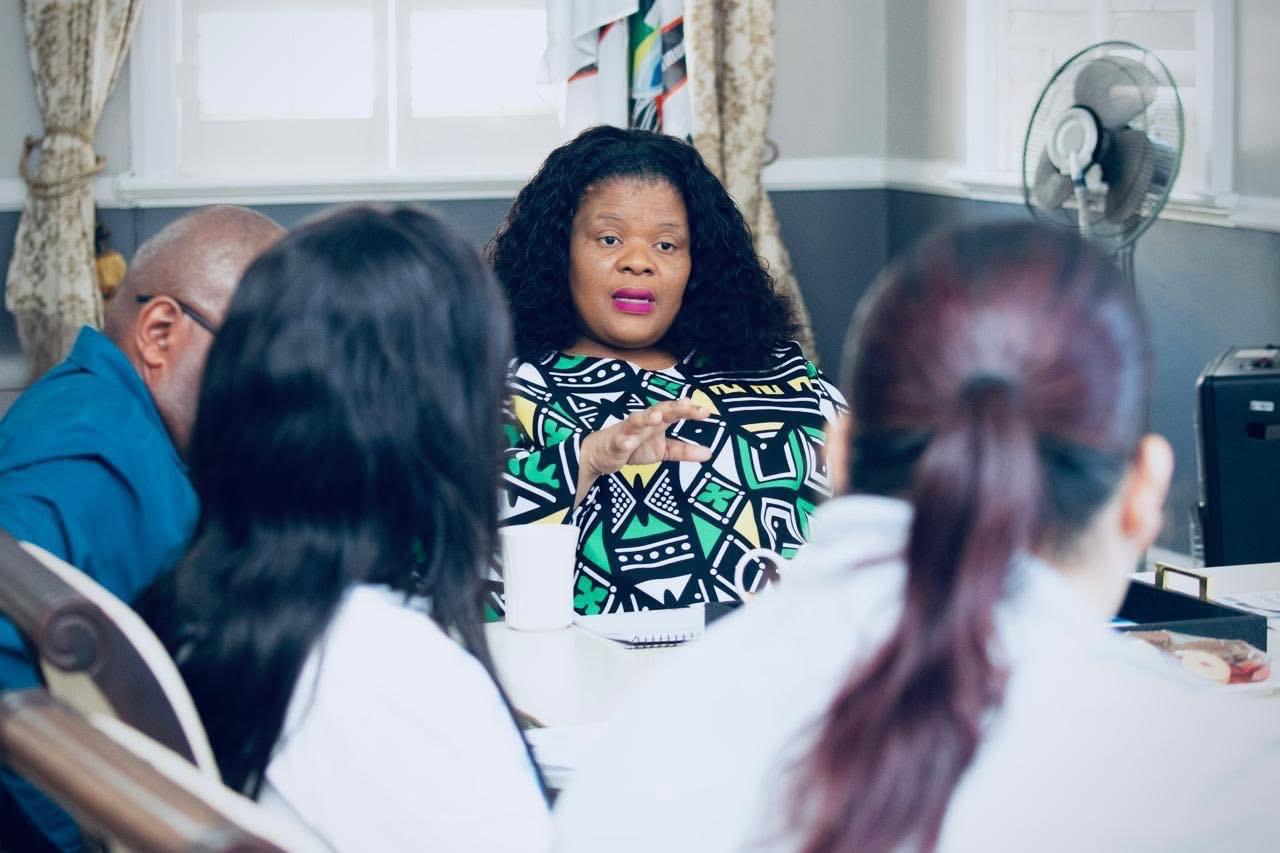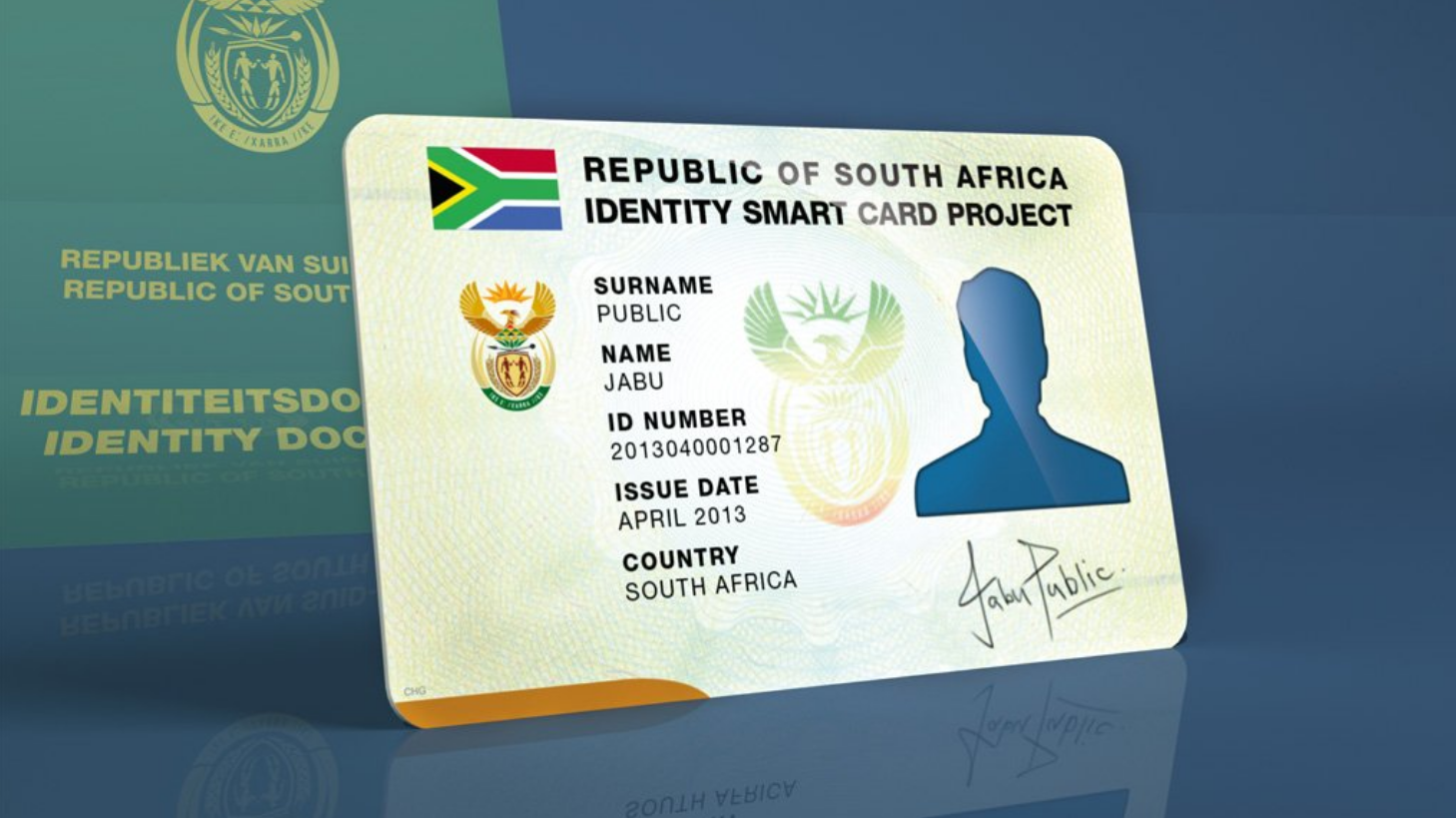File Image
By Thulane Madalane
Pretoria – On Sunday evening, President Cyril Ramaphosa addressed South Africans regarding the establishment of a judicial commission of inquiry to investigate serious allegations concerning the infiltration of law enforcement and intelligence structures by criminal syndicates. The announcement follows alarming claims made by KwaZulu-Natal Provincial Commissioner, Lt Gen Nhlanhla Mkhwanazi, who alleged significant interference in police investigations by government officials.
During a media briefing on July 6, Lt Gen Mkhwanazi highlighted concerns about the alleged involvement of the Minister of Police in undermining sensitive investigations. He accused the Minister of colluding with business individuals, including those facing serious charges, to dismantle the Political Killings Task Team in KwaZulu-Natal. The allegations extend to politically connected figures within a drug cartel, involving various law enforcement officials and judicial figures.
“The claims if proven true, undermine the very foundation of our democracy and the safety of our citizens,” said President Ramaphosa, reflecting the gravity of the situation. He expressed deep concern regarding the escalating issues of corruption and crime that endanger public safety, including gender-based violence and gang-related activities.
To address these critical allegations, Acting Deputy Chief Justice Mbuyiseli Madlanga has been appointed to lead the commission. He will be supported by Advocates Sesi Baloyi SC and Sandile Khumalo SC. The commission’s mandate includes investigating potential collusion among senior officials in law enforcement and intelligence, as well as the actions of any National Executive members who may be complicit in these alleged crimes.
Ramaphosa stressed the need for thorough investigations, stating, “We are dedicated to ensuring that oversight mechanisms are strengthened, and institutional reforms are implemented based on the findings of this inquiry.” As part of his commitment to the integrity of the process, the President has placed Minister of Police Senzo Mchunu on leave and appointed Professor Firoz Cachalia as the acting Minister.
Though the President’s action has garnered attention, reactions from political leaders have been mixed. Sinawo Tambo, the EFF National Spokesperson, criticized the establishment of the commission, stating, “This commission of inquiry into Senzo Mchunu’s alleged involvement with criminal syndicates reflects a government that fails to implement the recommendations of previous inquiries.” Tambo’s comments highlight ongoing skepticism toward the government’s commitment to accountability.
Brett Herron of the Good Party expressed reservations about the effectiveness of such commissions. “Commissions of inquiry are slow, cumbersome, and costly. Given that evidence has already been presented, establishing a commission is the wrong call in this case,” Herron remarked, suggesting that immediate actions might be more effective.
African National Congress main Government of National Unity partner, the Democratic Alliance (DA), while acknowledging the leave of absence of Minister Mchunu, condemned the reliance on a commission as an inadequate response. “The President has once again outsourced executive responsibility to a commission,” said DA leader John Steenhuisen. “We cannot accept a process that leads to more delays and no real accountability. South Africans deserve action, not just reports that gather dust.”
As the inquiry is set to unfold, its findings have the potential to reshape the landscape of South Africa’s criminal justice system significantly. President Ramaphosa concluded his announcement with an appeal to the public: “I call on all South Africans to support the commission in its work and, where appropriate, to provide any information or assistance the commission may require.”
The debate surrounding the commission underscores the complex challenges facing South Africa in tackling corruption and ensuring that law enforcement agencies operate with integrity and accountability. The nation watches closely as these investigations proceed, hoping for tangible outcomes that restore trust in public institutions.











